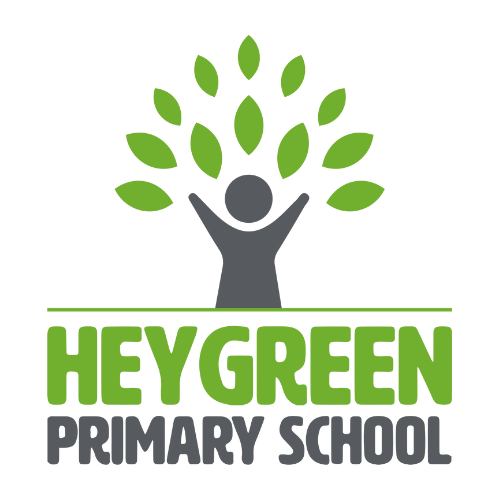
SEND
SENDCo: Mrs Wiles

What is SEND?
A child or young person has a Special Educational Need if they have significantly greater difficulty in learning than the majority of others of the same age, or has a disability which prevents or hinders them from making use of facilities of a kind generally provided for others of the same age.
The four broad areas of SEND need are:
- communication and interaction
- cognition and learning
- social, emotional and mental health difficulties
- sensory and/or physical needs
Communication and Interaction
Communication and interaction conditions may include children and young people who have speech, language and communication needs and/or autism.
They may:
- have difficulty in communicating with others; they may have difficulty saying what they want to or understanding what is being said to them
- be delayed in using language and shy away from talking
Cognition and Learning
Cognition and learning difficulties can affect children’s ability to learn and do well at school. Specific learning difficulties (SpLD) include a range of conditions such as dyslexia, dyscalculia and dyspraxia.
Children who have needs in more than one of these areas are considered to have ‘complex needs’. A child may also be described as having ‘mild’ or ‘severe’ learning difficulties depending on the degree of need and the impact this has on their lives.
Support for learning difficulties may be needed when children and young people learn at a slower pace than their peers.
Learning difficulties cover a wide range of needs. Pupils with moderate learning difficulties (MLD) may need extra support in some areas of the curriculum.
Those with severe learning difficulties (SLD) are likely to need support in all areas of the curriculum and have associated difficulties with mobility and communication.
Pupils with profound and multiple learning difficulties (PMLD), are likely to have severe and complex learning difficulties as well as a physical disability or sensory impairment.
Social, Emotional and Mental Health Difficulties
Children and young people experiencing social, emotional and mental health difficulties may be:
- withdrawn or isolated
- hyperactive and lack concentration
- immature in relation to social skills
- displaying behaviour that challenges which could be arising from other complex special needs
This could mean mental health difficulties such as anxiety or depression or they could be self-harming, substance misuse, eating disorders or physical symptoms that are medically unexplained.
They may have disorders such as attention deficit disorder (ADD), attention deficit hyperactive disorder (ADHD) or attachment disorder and may be frustrated and struggle with school routines and relationships.
Sensory and/or Physical Needs
Children with sensory or physical needs may have a disability, such as;
- physical disability
- vision impairment
- hearing impairment
- multi-sensory impairment (both hearing and vision difficulties)
- dyspraxia
They may need specialist equipment to access learning and other opportunities available to their peers.
They may also need support to help with daily tasks such as eating or travelling. This is sometimes referred to as habilitation support.
SENDCo and Pastoral Team
SENDCo: Mrs Wiles
You can contact Mrs Wiles via email (awiles@remat.org.uk) and via the school office (0151 733 1719).
Headteacher: Mrs Rutter
PSHCE Lead: Miss Chesworth
Senior Mental Health Lead: Mrs Wiles
Child Wellbeing Support Officer & Mental Health Team: Miss Howarth
Family Engagement Support Officer: Mr Kewn
Bereavement Support: Mrs Bimpson
SEND at Heygreen Primary School
Heygreen Primary School is a mainstream school, but we are able to accommodate children with a wide range of additional needs. We aim to ensure that EACH AND EVERY CHILD is included and is able to access the same curriculum and enjoy the same learning opportunities. Heygreen Primary School strongly believes that the key to supporting disabled pupils and pupils with special educational needs is through high-quality teaching with additional interventions, modification or amendments used where appropriate to remove barriers to learning and ensure that good progress is made. Our philosophy is that we make adaptions to the curriculum by adapting the pedagogy, not the content. This ensures all children are on the same knowledge journey.
Interventions
At Heygreen, we provide a range of Wave 1, 2 and 3 interventions to support individuals or groups of children. Interventions are adapted to meet the needs of all children. All interventions are tracked using an entry and exit assessment.
Our Wave 2 Interventions include:
- Child Wellbeing Support Officer, including 1:1 sessions, group sessions and Drawing and Talking
- Number Stacks
- Speech and Language interventions, including 1:1 sessions, Blank Level Questioning, Language Box and WellComm.
Our Wave 3 Interventions include:
- Seedlings
- Trailblazer (Mental Health Team)
- CAMHS
Liverpool Local Offer
Find out more about the Liverpool Local Offer here.
SEND Policies
Click the links below to see our SEND policies.
